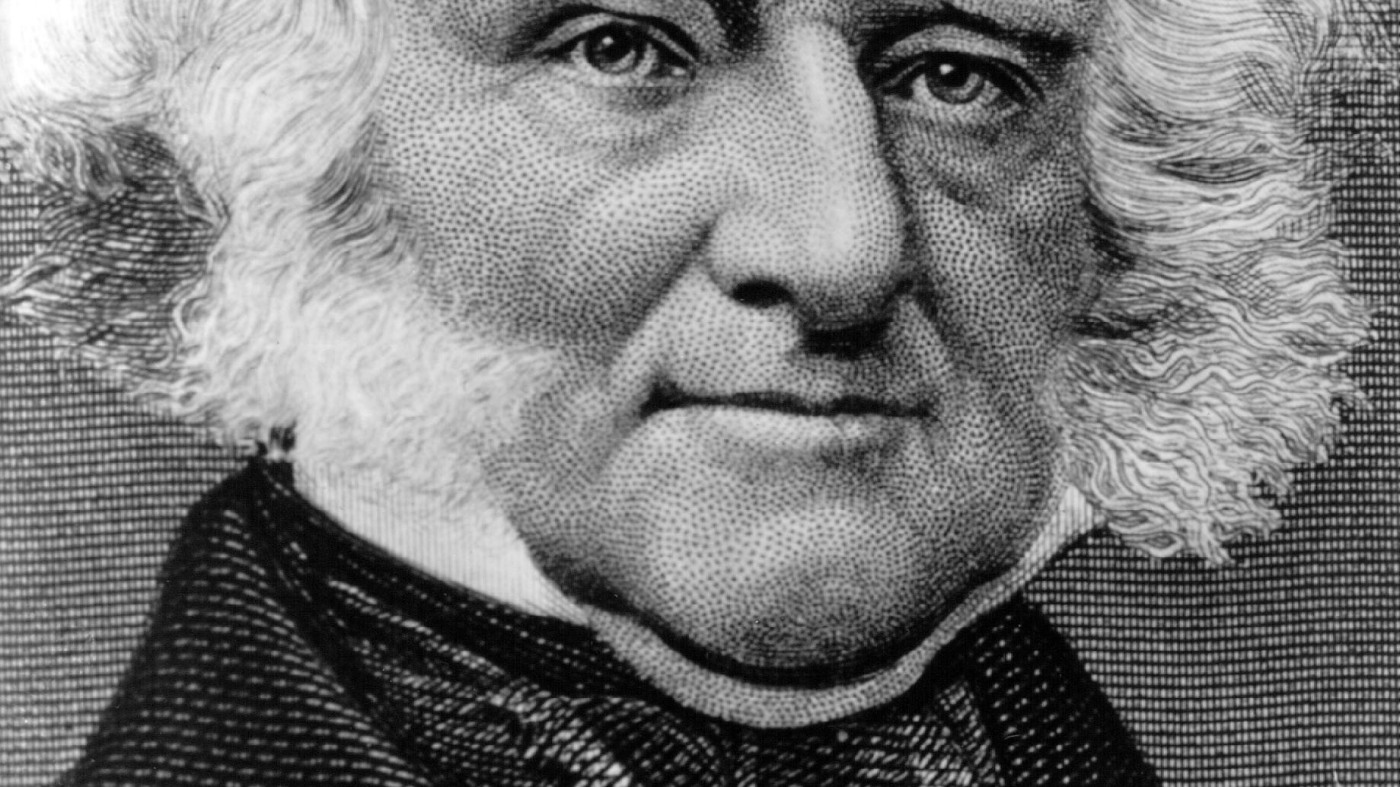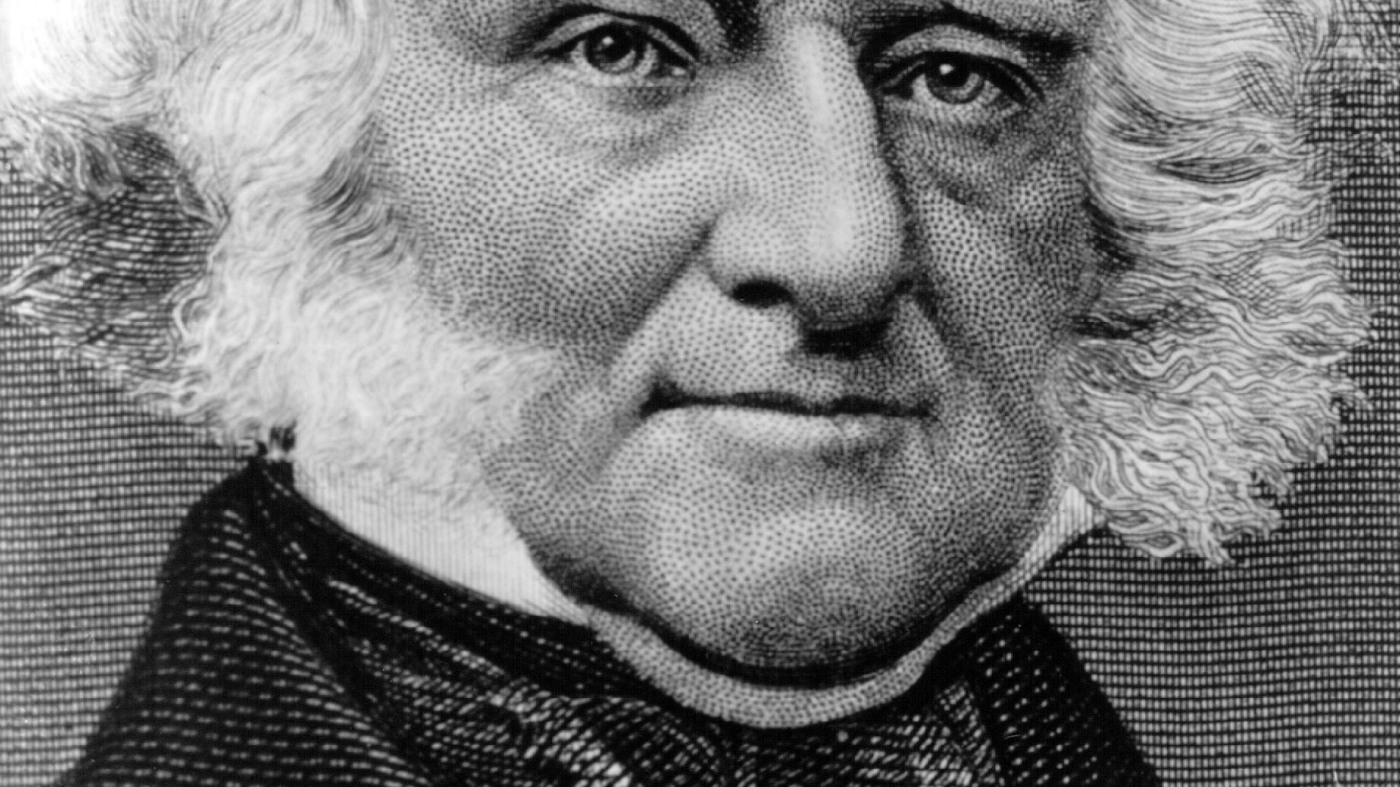The Enduring Legacy of “OK”: How a Presidential Campaign Solidified a Global Phenomenon
The Genesis of “OK”: A Playful Misspelling
The word “OK” is a linguistic marvel, transcending borders and languages with effortless ease. Its journey from obscurity to ubiquity is a testament to the power of simplicity and the whims of history. The origins of “OK” are as intriguing as its global reach. Emerging in the early 19th century, “OK” was part of a trend of humorous misspellings and abbreviations that were popular among intellectual circles and newspapers. These playful distortions of language added a layer of wit and insider knowledge to communication.
One of the most popular theories traces “OK” to the abbreviation of “oll korrect,” a humorous misspelling of “all correct.” This theory suggests that “OK” arose as a playful way to signal approval or agreement, a linguistic wink shared among those in the know. Another theory posits that “OK” originated from “Old Kinderhook,” a nickname for Martin Van Buren, referencing his birthplace in Kinderhook, New York.
While the exact etymology remains shrouded in some mystery, the prevailing consensus points towards the “oll korrect” explanation as the most plausible origin. Regardless of its precise genesis, “OK” was a relatively obscure slang term until it became entangled with the political ambitions of Martin Van Buren.
Van Buren’s Campaign: A Political Catalyst
Martin Van Buren, the eighth President of the United States, sought reelection in 1840. His campaign faced significant challenges, including an economic depression and widespread discontent with his policies. In an effort to rally support and project an image of strength and resolve, Van Buren’s supporters seized upon the “OK” moniker, linking it to his “Old Kinderhook” nickname.
“OK” became a powerful symbol for Van Buren’s campaign. Supporters formed “OK Clubs” to promote his candidacy, and the abbreviation appeared on posters, banners, and campaign paraphernalia. The association with Van Buren, whether intentional or coincidental, catapulted “OK” into the national spotlight.
However, the use of “OK” in the campaign also attracted criticism from Van Buren’s political opponents. They derisively linked the term to what they perceived as his failures and shortcomings, attempting to turn the symbol against him. Despite these attacks, the widespread use of “OK” during the 1840 election campaign solidified its place in the American lexicon.
The Telegraph and Beyond: Global Dissemination
While Van Buren’s campaign played a crucial role in popularizing “OK,” its journey to global recognition was further accelerated by technological advancements and its adoption by various industries. The invention of the telegraph, for example, provided a practical application for the concise and easily transmittable “OK.” Telegraph operators used it as a shorthand way to confirm that a message had been received and understood, contributing to its widespread adoption.
The railroad industry also played a significant role in spreading the use of “OK.” It became a standard term for conductors and railway workers to acknowledge instructions and ensure smooth operations. Its use in these vital sectors helped cement “OK” as a practical and efficient means of communication.
As American culture and commerce expanded globally, “OK” traveled with it. It was adopted into various languages and cultures, often retaining its original meaning while also adapting to local nuances. Its simplicity and versatility made it easily adaptable to different contexts, contributing to its universal appeal.
The Enduring Power of Simplicity
The enduring popularity of “OK” lies in its simplicity and versatility. It is a short, easily pronounceable word that transcends linguistic boundaries. It can be used as a noun, verb, adjective, or interjection, allowing it to adapt to a wide range of communicative situations.
Furthermore, “OK” carries a relatively neutral connotation. It can express agreement, acceptance, understanding, or simply acknowledgement without necessarily implying strong enthusiasm or disagreement. This neutrality makes it a safe and reliable choice in intercultural communication, where nuanced expressions might be misinterpreted.
The story of “OK” is a testament to the power of language to evolve and adapt. From its obscure origins as a playful misspelling to its current status as a global phenomenon, “OK” has proven its staying power. While its association with Martin Van Buren’s campaign is a fascinating historical footnote, the true legacy of “OK” lies in its ability to connect people across cultures and languages, serving as a universal symbol of understanding and agreement.
OK: A Lasting Impression
The journey of “OK” from a quirky Americanism to a global lingua franca is a captivating example of how language can be shaped by historical events, technological advancements, and the inherent human need for efficient communication. Martin Van Buren’s 1840 campaign, though ultimately unsuccessful in securing his reelection, inadvertently played a pivotal role in solidifying “OK” in the American vocabulary and setting the stage for its international ascent. “OK” is more than just a word; it is a symbol of agreement, acceptance, and understanding that continues to resonate across cultures and continents. Its enduring legacy is a reminder that even the simplest of words can have a profound impact on the world.








